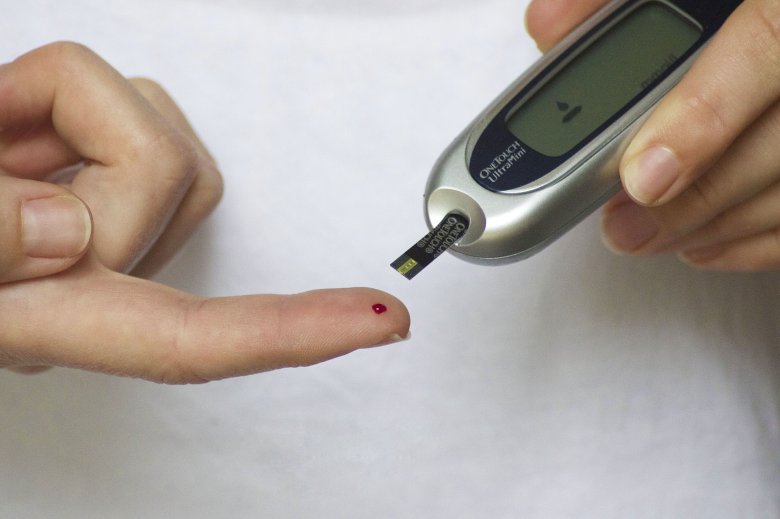- April 26, 2025

Hypoglycemia, i.e. hypoconjaculation, is too low (less than 70 mg/dl) in blood sugar. It manifests itself in concentration problems and in extreme cases leads to unconsciousness.
Hypoglycemia, or underexposure, is a condition that occurs with diabetes. It is indicated by sugar levels below 70 mg/dL. Very often occurs in people who take insulin. It is important not to diagnose hypoglycaemia on the basis of symptoms alone, but to combine it with a blood sugar test. They are made with a meter.
Hypoglycaemia results from blood sugar deficiency and excess hormone - insulin. It transports glucose to the cells of the body and regulates the concentration of glycemia. Many situations in which hypocrisy occurs are the result of mistakes made by patients. These include confusing the dose or type of insulin or injecting it intramuscularly and not subcutaneously. The reason for lowering blood sugar levels is eating a meal with too little carbohydrates, especially after physical activity.
Uncongestions can be signalled by a wide variety of symptoms. That is why it is worth paying attention to every behaviour of diabetics that raises doubts. The first signs of hypoglycaemia are:
Acute hypocrisy is signalled by imbalances, entanglement and gibberish speaking, as well as coordination problems. Unchecking can even lead to unconsciousness.
Hypoglycemia has different stages, depending on the symptoms and whether the diabetes is able to regulate its own blood sugar level or needs help:
If you are undernourished, quickly raise your sugar levels. Diabetes can reach for a simple carbohydrate snack. A sweet drink or glucose in gel or tablets is a good solution. An unconscious diabetesman receives a drip of glucose or a glucagon injection.